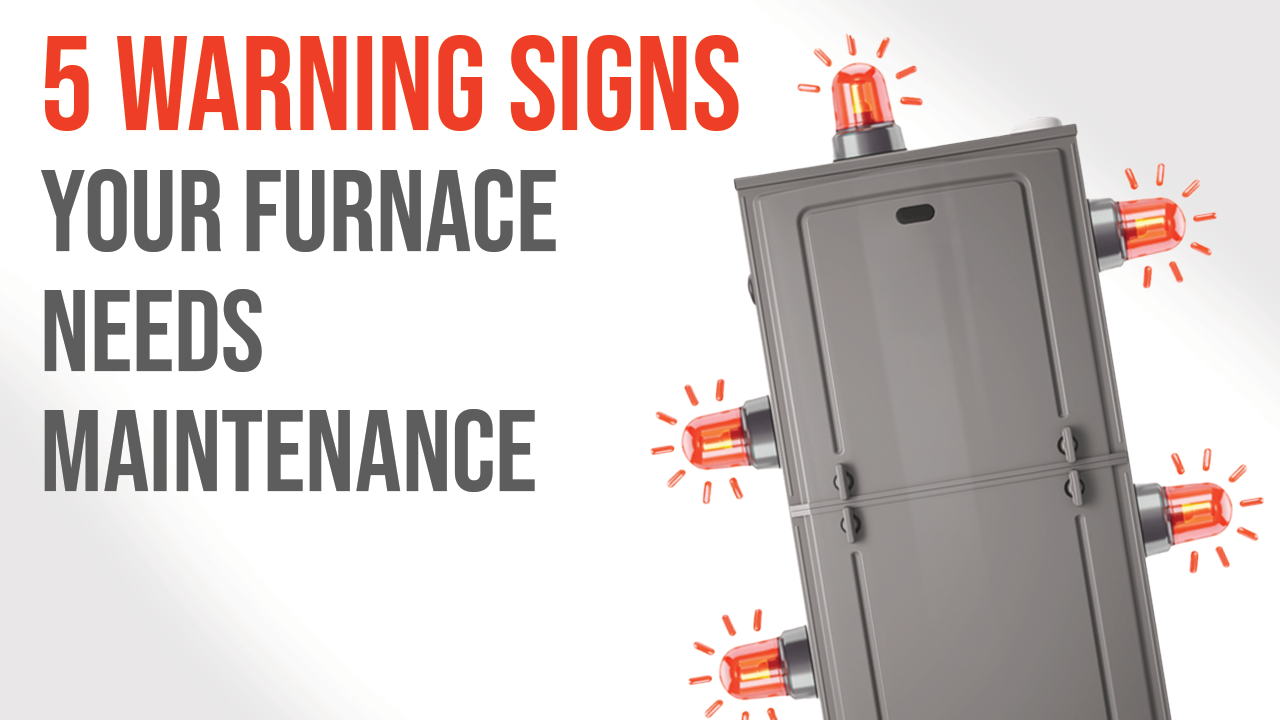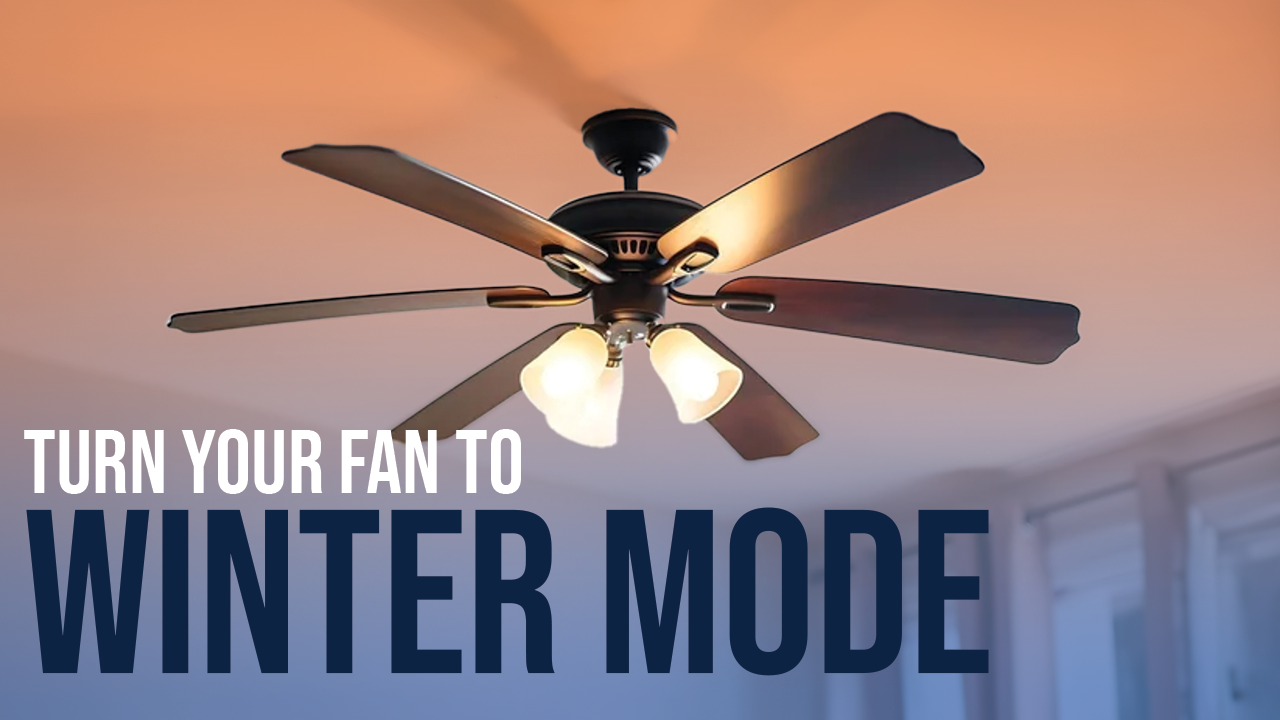Updated January 23, 2024
Our homes are high-traffic zones; with busy work, school, and social schedules, we’re constantly coming and going. We may not realize that when we enter our home, we bring in tiny particles of allergens that are attached to our clothes and skin. After a while, our indoor air quality can take a significant hit. The introduction of outdoor allergens can hinder indoor air quality and may not be its best due to pet dander, humidity, dust mites, and other particles.
To take a deep breath, sit back, and relax, you may need to consider doing one of these five things to improve your indoor air quality:
- Control Your Home’s Humidity
A humid environment is a perfect environment for dust mites and mold to thrive. Keeping humidity levels around 30%-50% helps to keep allergens under control, eliminating many of your allergy symptoms. The best way to combat high humidity levels (especially in the summer) is to use a dehumidifier to reduce moisture. If your HVAC unit is operating properly, it can also work to reduce your indoor pollen count. - Change Your Filters
A dirty air filter uses more energy than a new, clean filter. Additionally, replacing your filters ensures that your unit is not collecting dust and other allergens. Here are some guidelines that can help you gauge how often you should change your filter:- With a pet: every 2 months
- If more than one pet or a member of your family has allergies: every 20-45 days
- Average home: every 3 months
You may also want to consider having your ducts cleaned. This will ensure any trapped dust is removed.
- Keep Your Home Clean
One of the leading causes of poor air quality indoors is dust mites. These allergens can irritate your nose and throat, leaving you feeling tired and lethargic. Dust mites can often be found lingering in the fabric of your bedding, cushions, and curtains. Clean your home weekly to eliminate dust mites and reduce any pet dander or other allergens that may cling to surfaces in your home. - Invest in an Air Purifier
Ventilating your house can be tricky if there isn’t enough outdoor air being brought in to dilute polluted indoor air. However, poor indoor air quality can also be increased by trapping outdoor pollutants inside. The best way around this situation is to introduce air purifiers into your home. Placed in the most commonly used areas of your home, air purifiers help to capture irritants in the air that may trigger allergy symptoms. - Maintain Your AC
As we mentioned, your air conditioner can help to improve your indoor air quality. HVAC units can dry the air in your home and refresh stale air. Keeping your air conditioner operating efficiently will not only help to improve your air but keep you cool without wasting energy.
If you feel that your indoor air quality needs improvement, contact our professionals at Golden Rule. We provide service and can inspect your air conditioner and provide advice on how to improve the air in your home. Breathe easier by contacting us today!
Contact Us Today for Indoor Air Quality Service!
If you found this post helpful, check out some other budget-saving tips:


As the temperatures drop and winter approaches, ensuring your furnace is in top shape becomes a priority for homeowners. A well-functioning furnace keeps your home warm, your... Read More

As winter rolls in, many of us instinctively reach for the thermostat to stay warm. But did you know your ceiling fan can be an ally in... Read More

Watch Out! Don’t Fall for These HVAC Scams Hey there, homeowners! Are you worried about keeping your home comfy and cozy without getting duped by shady... Read More